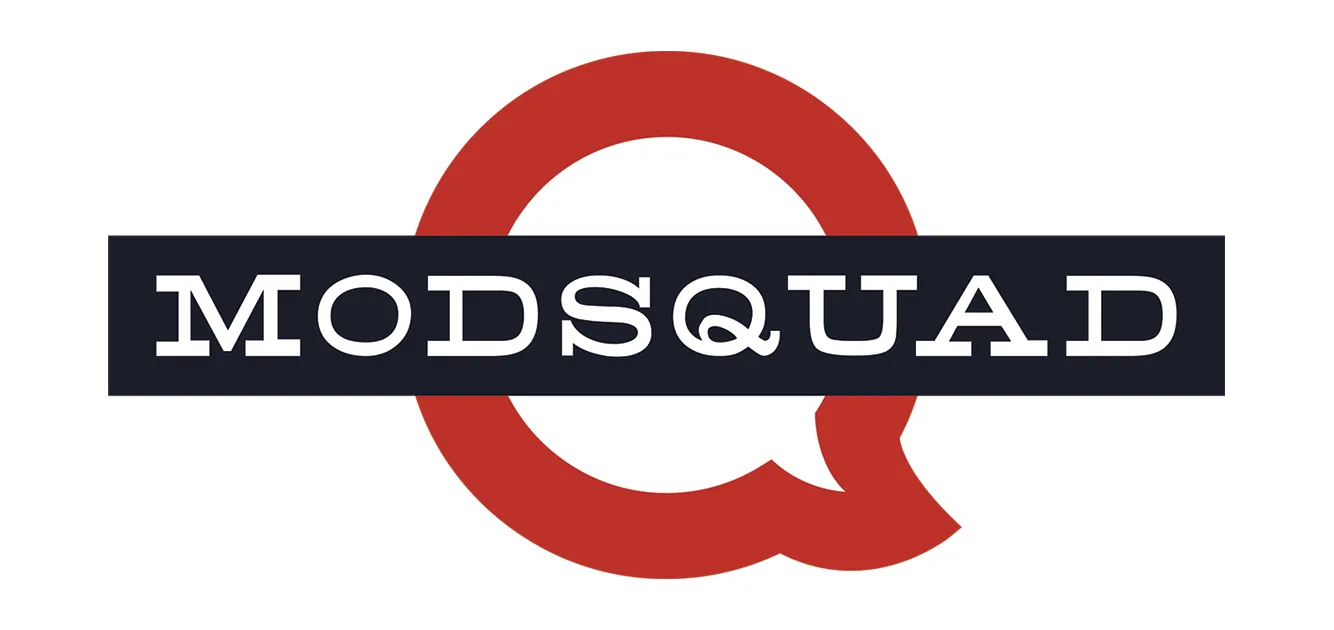
Rally Cry: The Art of Leadership
 I’ve had the great pleasure and responsibility of being a project manager here at Metaverse over the past three years. Within that role, I’ve been given the task of training, managing, and leading an amazing array of people from around the globe, through a variety of tasks, like forum moderation, social media integration, product support, etc. It’s been my duty to help my staff do the utmost best for our team, company, and clients.
I’ve had the great pleasure and responsibility of being a project manager here at Metaverse over the past three years. Within that role, I’ve been given the task of training, managing, and leading an amazing array of people from around the globe, through a variety of tasks, like forum moderation, social media integration, product support, etc. It’s been my duty to help my staff do the utmost best for our team, company, and clients.
I wanted to take a little bit of time to talk about what I’ve learned as a leader, what’s worked for me, and what I’ve seen makes a good one.
To Lead…
“A leader is best when people barely know he exists, when his work is done, his aim fulfilled, they will say “we did it ourselves”.” – Lao Tzu
As a leader in this portion of the industry, you must value the fact your people ARE the front-lines. They’re going to know your project inside and out (and better than you ever could). Take the time to step out from your paperwork and let them know you do indeed appreciate them! When a staff member does a good job, make sure to give him or her a pat on the back, and then pass on the accolades – let the right people know where the credit belongs. Be proud of your team and their actions, but for goodness sakes, never steal the thunder.
The Challenge…
“The challenge of leadership is to be strong, but not rude; be kind, but not weak; be bold, but not bully; be thoughtful, but not lazy; be humble, but not timid; be proud, but not arrogant; have humor, but without folly.” — Jim Rohn
A difficult part of being a leader (for me at least), is express one’s self — attempting to stay cool and calm, without being rude or condescending, and avoiding the urge to snap at staff or exercise sharp-tongued remarks when things go wrong. Everyone is human, and part of humanity is that we’re going to make mistakes, big and small, all of us. It’s so difficult sometimes to remember that the moment big errors or issues pop up. How you deal with those mistakes is what makes you a leader. Fly off the handle and start yelling, and your staff isn’t going to respect you, they’ll just fear you. It’s no longer about quality work, or the pride in it, but about ‘avoiding the boss.’ Yet, on the flip-side, if you take a nonchalant approach to problems, you may get walked over. You have to find a nice balance with the give and take of respect, and then you’ll be able to handle problems as they arise confidently.
Mentoring…
“Outstanding leaders go out of their way to boost the self-esteem of their personnel. If people believe in themselves, it’s amazing what they can accomplish.” —Sam Walton
Leadership is taking people from where they are to where they never thought they could go. One of my personal objectives from over the course of the past three years, is growing my staff upwards, not in size, but in skill and expertise. It’s important to give your staff the chance to do more than they thought they could, encouraging and supporting the opportunity for expertise advancement that may lead to leadership roles. Allow for creativity, input, and responsibility for staff, so they can grow, learn, and achieve. Help your staff embrace the work as a “career” and a path, as opposed to a job or stagnant work. Keep an eye on each staff member’s attributes — what do they each do well, what are strengths? How do you help teammates rise above weaknesses? And then reward your staff with incentives, such as a small party, schedule “game days,” create an incentive program with gift cards and leveling. It’s amazing how quickly you’ll see a shift in moral for the better, and the improvement within the work.
Stay Tuned for Part 2. To Be Continued…
Brian Fuhrman
Project Manager

